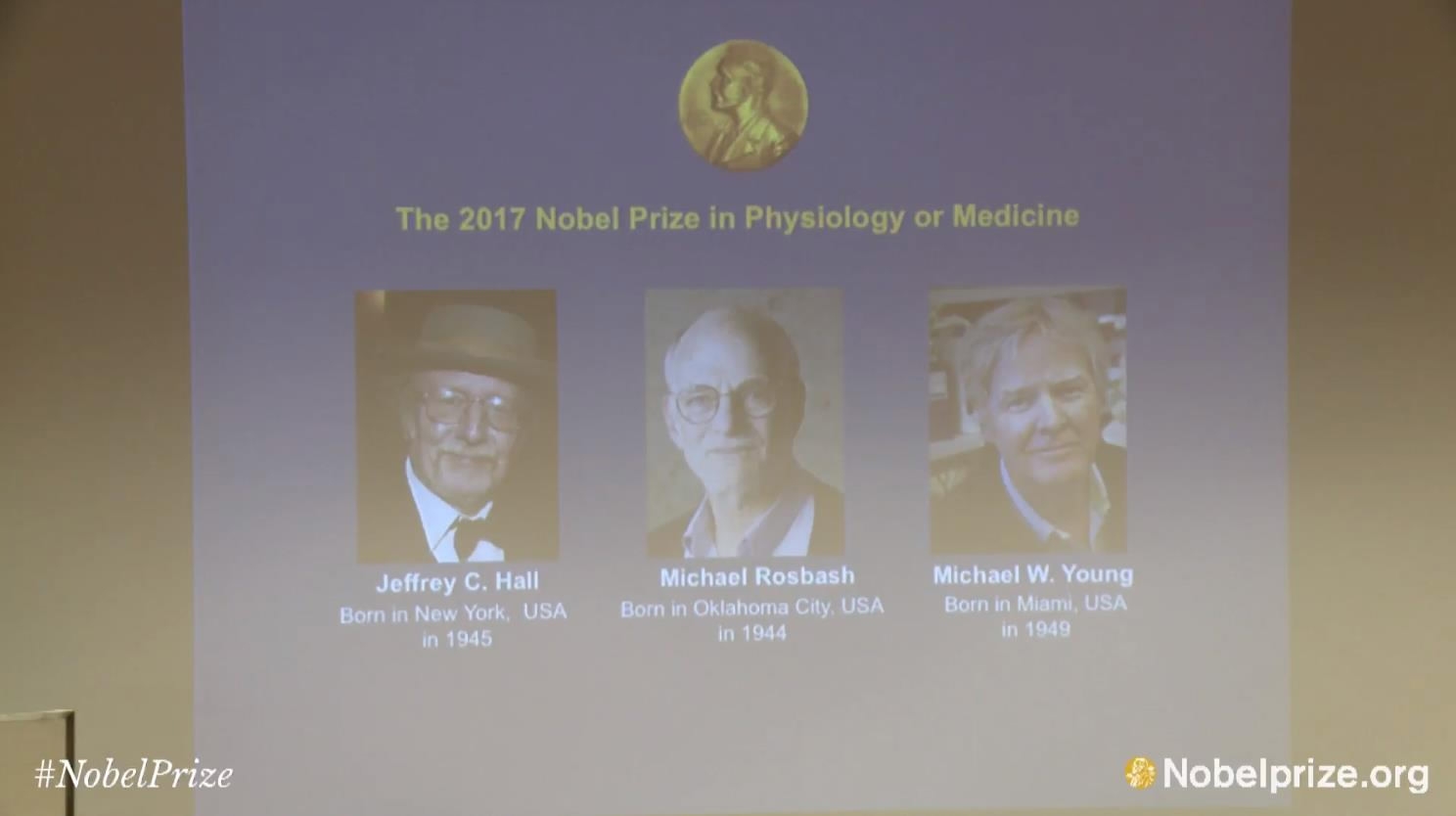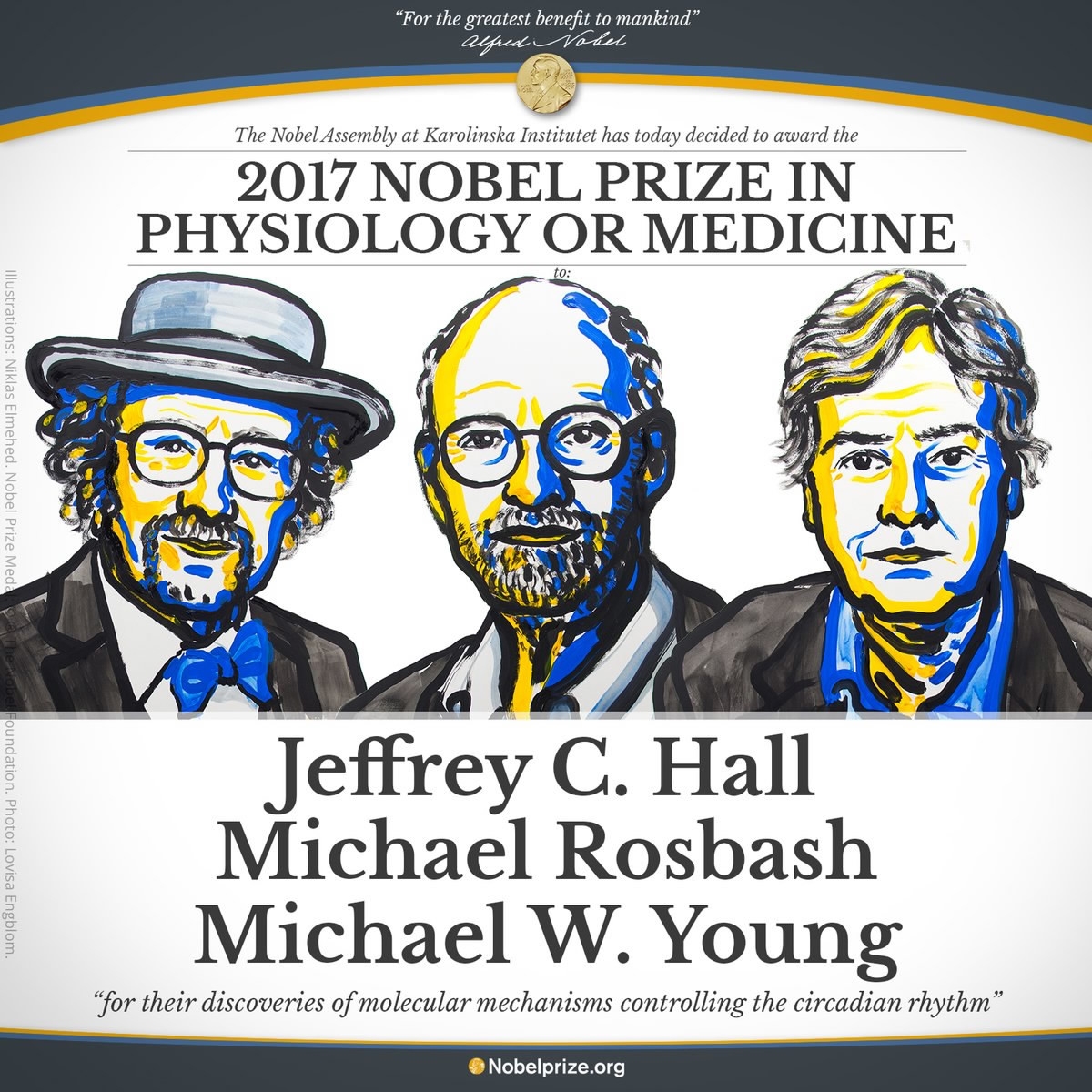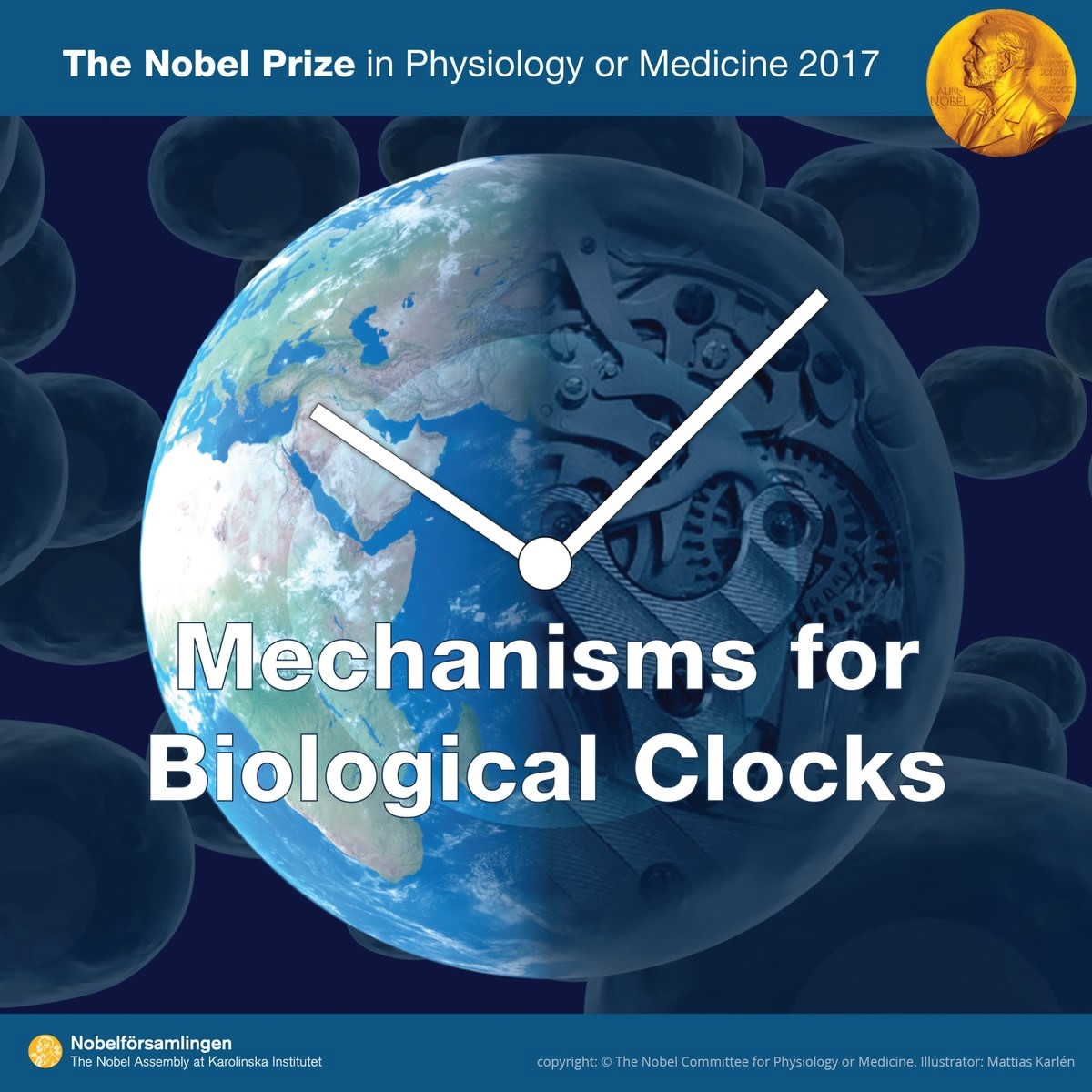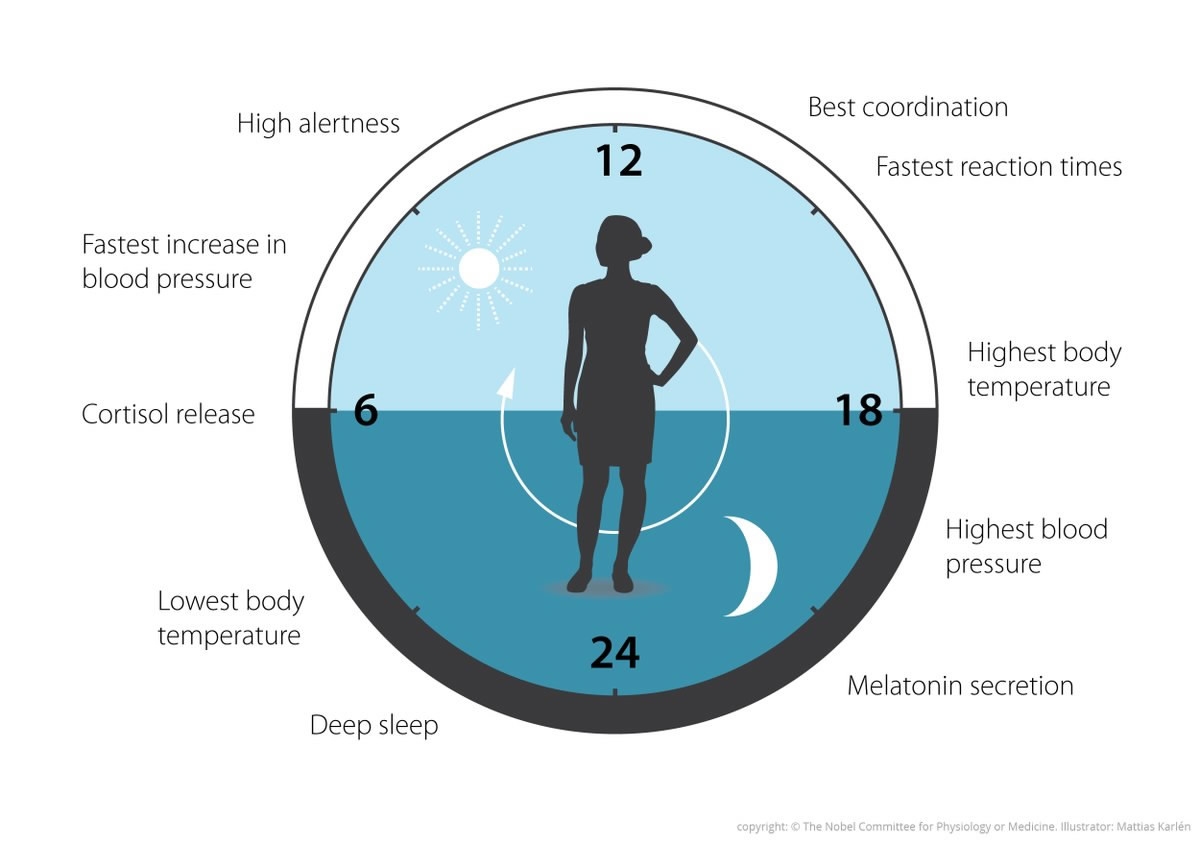
NobelPrize
19:01, 02-Oct-2017
Biological clock explained: Three scientists awarded 2017 Nobel Prize in Physiology or Medicine
By Gong Zhe

Three US scientists were awarded the 2017 Nobel Prize in Physiology or Medicine, announced Monday by the Nobel Assembly at Karolinska Institutet.
Jeffrey C. Hall, Michael Rosbash and Michael W. Young are the laureates for the prize "for their discoveries of mechanisms controlling circadian rhythms," the academy said.

Nobelprize.org Photo
Nobelprize.org Photo
Our inner clock
A lot of people may have heard of the phrase "biological clock", which is basically the reason why we work during the day and sleep at night.
But how exactly the clock functions has never been explained in such details as the three laureates did.
"Using fruit flies as a model organism, this year’s Nobel Laureates isolated a gene that controls the daily biological rhythm," explained the academy.

Nobelprize.org Photo
Nobelprize.org Photo
According to the laureates' research, living organisms, including animals, plants and humans, have the internal biological clocks.
Hall and Rosbash worked closely to make the discovery at the Brandeis University in Waltham, while Young worked independently at the Rockefeller University in New York.
Hall and Rosbash also discovered the protein that "accumulated during the night and was degraded during the day" to form a 24-hour cycle, said the press release of the prize.
The protein can limit its own production thus regulate its own level to form the cycle.

Nobelprize.org Photo
Nobelprize.org Photo
This is the first prize awarded during this year's Nobel season. The next will be the Physics Prize, which is scheduled to be announced Tuesday at almost the same time.
CGTN will continue to cover this year's Nobel Prize announcements.

SITEMAP
Copyright © 2018 CGTN. Beijing ICP prepared NO.16065310-3
Copyright © 2018 CGTN. Beijing ICP prepared NO.16065310-3